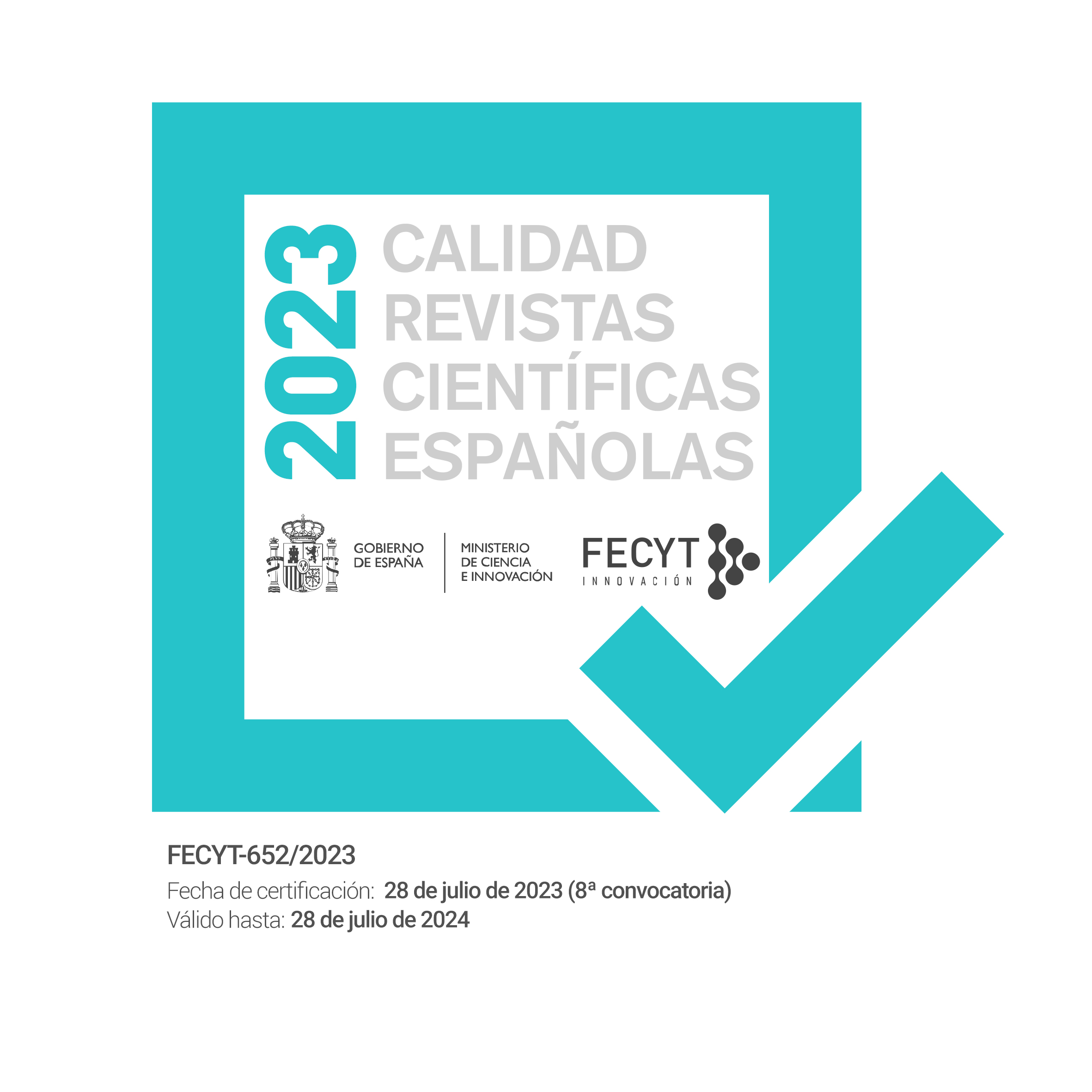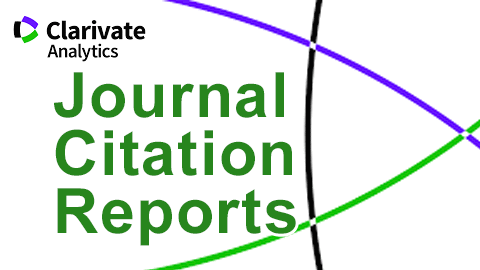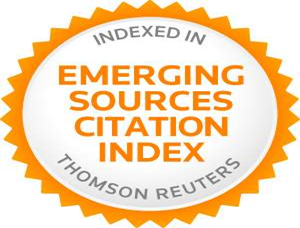A cross-linguistic analysis of conceptual complexes in the domain of economy
Resumen
Over the past two decades, the relationship between metaphor and culture has been an important object of study in Cognitive Linguistics, especially due to the impact of globalisation on our everyday living. This impact has particularly affected the field of economy where figurative language is pervasive. Within this research context, the present article aims at exploring not only the role of metaphor in economics hich has been the interest of a huge amount of studies, but also the role of conceptual complexes in the languages of two historically connected countries which nevertheless differ significantly in their economic development: Britain and Pakistan. To this end, metaphors and conceptual complexes have been analysed in Urdu and English. The analysis has proved in cross-linguistic terms the intricacies of conceptual material in the field of economics nd the descriptive and explanatory adequacy of the account of conceptual complexes mentioned above
Keywords: metaphor; conceptual complexes; metonymy; economics; culture.
Citas
Alejo, R. (2010). Where does the money go? An analysis of the container metaphor in economics: the market and economy. Journal of Pragmatics, 4(42), 1137-1150.
Boers, F. (2000). Enhancing metaphoric awareness in specialised reading. English for Speciï¬c Purposes, 2(19), 137-147.
Boers, F, & Demecheleer, M. (1997). A few metaphorical models in (Western) economic discourse. In W. Liebert, G. Redeker, & L. Waugh (Eds.), Discourse and Perspective in Cognitive Linguistics (pp. 115-129). Amsterdam: John Benjamins.
Charteris-Black, J. (2000). Metaphor and vocabulary teaching in ESP economics. English for Speciï¬c Purposes, 2(19), 149-165.
Charteris-Black, J. & Ennis, T. (2001). A comparative study of metaphor in Spanish and English ï¬nancial reporting. English for Speciï¬c Purposes, 3(20), 249-266.
Dirven, R., & Ruiz de Mendoza, F. J. (2010). Looking back at 30 years of Cognitive Linguistics. In E. Tabakowska, M. ChoinÌski & L. Wiraszka (Eds.), Cognitive Linguistics in Action. From Theory to Application and Back (pp. 13-70). Berlin & New York: Mouton de Gruyter.
Frank, R. M. (2015). A future agenda for research on language and culture. In F. Sharifian (Ed.), The Routledge Handbook of Language and Culture (pp. 493-512). London, New York: Routledge.
Geeraerts, D. (2010). Recontextualizing grammar: Underlying trends in thirty years of Cognitive Linguistics. In E. Tabakowska, M. ChoinÌski, & L. Wiraszka (Eds.), Cognitive Linguistics in action. From theory to application and back (pp. 71-102). Berlin & New York: Mouton de Gruyter.
Gibbs, R.W. (2011). Evaluating Conceptual Metaphor Theory. Discourse Processes, 48(8), 529-562.
Goldberg, A. (2006). Constructions at Work. The Nature of Generalization in Language. Oxford: Oxford University Press.
Grady, J. (1999). A typology of motivation for conceptual metaphor: Correlation vs. Resemblance. In R. Gibbs, & G. Steen (Eds.), Metaphor in Cognitive Linguistics (pp. 79-100). Amsterdam: John Benjamins.
Herrera-Soler, H. & White, M. (2007). A contrastive view of British and Spanish business press headlines. Rassegna Italiana di Linguistica Applicata, 39(1-2), 295-316.
Herrera-Soler, H. & White, M. (Eds.). (2012). Metaphor and Mills: Figurative language in business and economics. Berlin & Boston: Walter de Gruyter.
Kövecses, Z. (2005). Metaphor in Culture: Universality and Variation. Cambridge: Cambridge University Press.
Kövecses, Z. (2010). Metaphor. A Practical Introduction. New York: Oxford University Press.
Kövecses, Z. (2013). Recent developments in metaphor theory: Are the new views rival ones? In F. Gonzálvez-García, M. S. Peña Cervel & L. Pérez-Hernández (Eds.), Metaphor and Metonymy Revisited beyond the Contemporary Theory of Metaphor (pp. 11-25). Amsterdam / Philadephia: John Benjamins.
Kövecses, Z. (2015). Where Metaphors Come From. Reconsidering Context in Metaphor. USA: Oxford University Press.
Lakoff, G. & Johnson, M. (1980). Metaphors We Live By. Chicago: The University of Chicago Press.
Lakoff, G. & Turner, M. (1989). More than a Cool Reason: A Field Guide to Poetic Metaphor. Chicago. University of Chicago Press.
Lakoff, G. & Johnson, M. (1999). Philosophy in the Flesh: The Embodied Mind and its Challenge to Western Thought. New York: Basic Books.
Langacker, R. W. (1987). Foundations of Cognitive Grammar. Vol. 1: Theoretical prerequisites. Stanford, CA: Stanford University Press.
Langendoen, T. (1968). The London School of Linguistics: A Study of the Linguistic Theories of B. Malinowski and J.R. Firth. Cambridge. MA: MIT.
Langer, T. (2015). Metaphors in Economics: Conceptual Mapping Possibilities in the Lectures of Economics. Procedia Economics and Finance, 25, 308-317.
Maalej, Z. & Yu, N. (Eds.). (2011). Embodiment Via Body Parts: Studies from Various Languages and Cultures. Amsterdam: John Benjamins.
Pamies, A. & Ramos, I. R. (2017). Metaphors of economy and economy of metaphors. Europhras, 2, 60-69.
Pérez Sobrino, P. (2017). Multimodal Metaphor and Metonymy in Advertising. Amsterdam: John Benjamins.
Ruiz de Mendoza, F. J. (2011). Metonymy and cognitive operations. In R. Benczes, A. Barcelona & F. J. Ruiz de Mendoza (Eds.), Defining Metonymy in Cognitive Linguistics. Towards a Consensus View (pp. 103-123). Amsterdam & Philadelphia: John Benjamins.
Ruiz de Mendoza, F. J. (2017). Metaphor and other cognitive operation in interaction from basicity to complexity. In B. Hampe (Ed.) Metaphor: Embodied Cognition and Discourse (pp. 138-159). Cambridge: Cambridge University Press.
Ruiz de Mendoza, F. J., & Díez, O. (2002). Patterns of conceptual interaction. In R. Dirven, & R. Pörings (Eds.), Metaphor and Metonymy in Comparison and Contrast (pp. 489–532). Berlin & New York: Mouton de Gruyter.
Ruiz de Mendoza, F. J. & Galera M. A. (2014). Cognitive Modelling. A Linguistic Perspective. Amsterdam: John Benjamins.
Ruiz de Mendoza, F. J. & Otal, J. L. (2002). Metonymy, Grammar and Communication. Granada: Comares.
Ruiz de Mendoza, F. J. & Pérez-Hernández, L. (2011). The Contemporary Theory of Metaphor: Myths, Developments and Challenges. Metaphor and Symbol, 26(3), 161-185.
Ruiz de Mendoza, F. J. & Santibáñez, F. (2003). Content and formal cognitive operations. Italian Journal of Linguistics, 2(15), 293-320.
Sharifian, F. (2017). Cultural Linguistics. Amsterdam, PA: John Benjamins.
Sharifian, F. (Ed.). (2017). Advances in Cultural Linguistics. New York, London and Singapore: Springer.
Skorczynska, H. & Deignan, A. (2006). Readership and purpose in the choice of economic metaphors. Metaphor and Symbol, 2 (2), 87-104.
Soares, A., Cuenca, M. J., & Romano, M. (2017). The Conceptualisation of austerity in the Portuguese, Spanish and Irish Press. In F. Sharifian (Ed.) Advances in Cultural Linguistics (pp. 345-368). Singapore: Springer.
Sperber, D. & Wilson, D. (1995). Relevance. Communication and cognition. Oxford: Basil Blackwell.
Steen, G. J. (2013). The contemporary theory of metaphor — now new and improved! In F. Gonzálvez-García, M. S. Peña Cervel & L. Pérez-Hernández (Eds.), Metaphor and Metonymy Revisited Beyond the Contemporary Theory of Metaphor (pp. 27-65). Amsterdam and Philadephia: John Benjamins.
Ungerer, F. & Schmid, H. J. (2013). An Introduction to Cognitive Linguistics. New York: Routledge.
Wang, H., Runtsova, T. & Chen, H. (2013). Economy is an organism – a comparative study of metaphor in English and Russian economic discourse. Text & Talk: An interdisciplinary Journal of Language, Discourse and Communication Studies. 33(2), 259-288.
White, M. (2003). Metaphor and economics: the case of growth. English for Speciï¬c Purposes, 2(22), 131-151.
Descargas
Publicado
Número
Sección
Licencia
Reconocimiento – No comercial (CC BY-NC). Bajo esta licencia el usuario puede copiar, distribuir y exhibir públicamente la obra y puede crear obras derivadas siempre y cuando estas nuevas creaciones reconozcan la autoría de la obra original y no sean utilizadas de manera comercial.
Los autores retienen todos sus derechos de publicación y copyright sin restricciones.









